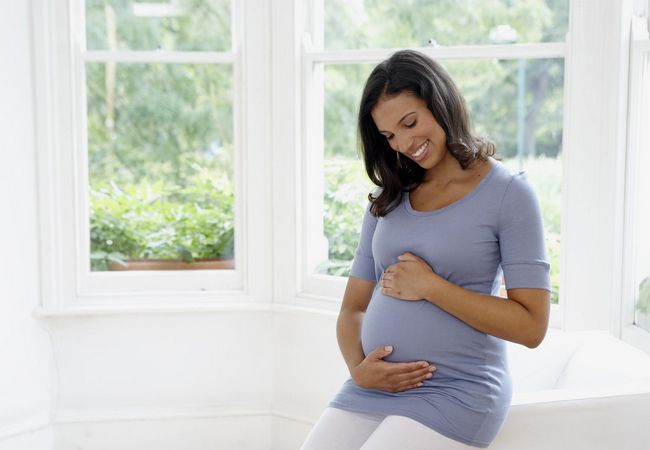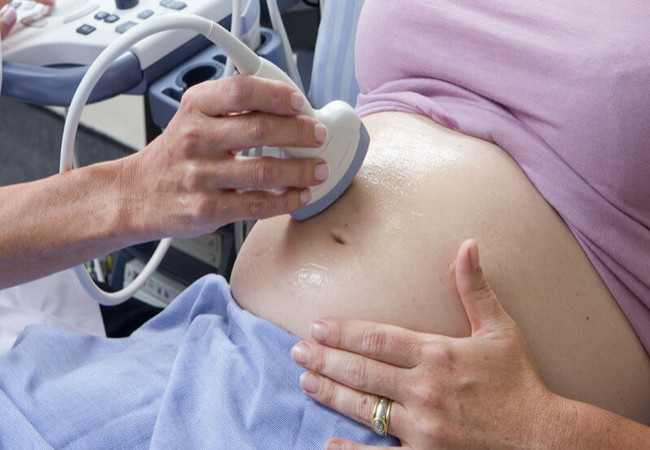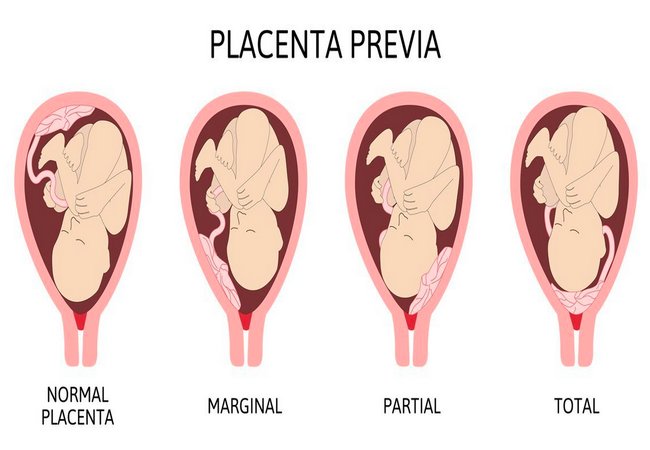Elderly Primigravida Pregnancy: Symptoms, Complications, Management
Elderly Primigravida Pregnancy Meaning:
Women having their first pregnancy at or above the age of 30 years (According to FIGO- 35 years) are called elderly primigravida pregnancy.

Management of Elderly Primigravida Pregnancy:
A. During pregnancy or antenatal period:
1. Frequent antenatal visits throughout the pregnancy is mandatory.
2. Early diagnosis and treatment of anaemia, PET, malpresentation.
3. Early detection of abnormalities and pre-decision about route of delivery.
4. Nursing assessment:
- Physical status,
- The women’s understanding of pregnancy,
- Family support,
- Knowledge of infant care,
- Women husband attitudes toward the pregnancy.
You can read: Pregnancy Sign, Symptoms and Confirmation Test
B. During labour:
1. The patient should be delivered in hospital in case of both normal vaginal delivery and caesarian section.
2. If fails to start spontaneous labour-induction of labour.
3. If premature labour: Rest and sedation
4. If membrane ruptured-foot end raised and antibiotic prophylactically.
5. Delivery must be in well-equipped hospital:
- If any complication e.g Toxaemia, malpresentation, Eclampsia-C/S.
- If no complication.
- If cervix is not dialated or fetal/maternal distress.
C. During puerperium:
- As usual and breast feeding.
D. Method of delivery:
- Normal vaginal delivery is encouraged if there is no contraindication for both mother and fetus.
- Caesarian section is an alternative to vaginal delivery.
- Any other complications should be viewed with concern.
Complications of Elderly Primigravida Pregnancy:
Complications of Mother:
During pregnancy:
- Abortion,
- Abruptio placenta,
- Pre-eclapmpsia,
- Uterine fibroid,
- Tendency of post maturity,
- Medical conditions related to advancing age like – hypertension, DM.
- Intra-uterine growth retardation.
During Labour:
- Premature labour,
- Prolonged labour due to uterine inertia,
- Impaired joint mobility,
- Inelasticity of soft tissues of the birth canal,
- Maternal and fetal distress,
- Increase chance of operative intervention,
- Retained placenta.
During Puerperium:
- Increased morbidity due to operative interference.
- Failing lactation.
Fetal complications:
- Preterm birth and prematurity,
- Intrauterine growth retardation,
- Fetal congenital malformation.
More questions related to this article:
- What do you mean by elderly primigravida?
- What is primigravida?
- What is elderly primigravida pregnancy?
- What is primigravida pregnancy?
- What are the complications of primigravida pregnancy?
- Write down the complications of elderly primigravida.
- What problems may occur of women who have elderly primi?
- Mention the dangers occur in elderly primigravida during prenatal, intranatal and puerperium.
- Write down the management of elderly primigravida.
- What are the complications of primigravida pregnancy?
- What are the complications of elderly primigravida during labor?
- What are the complications of elderly primigravida during puerperium.
- What are the management of elderly primigravida during antenatal period?











